Browse
By Area: France
View: By Date | Alphabetical | eBooks | Paperbacks
-
eBook available
 Published November 2019
Published November 2019 Access to Assisted Reproductive Technologies
The Case of France and Belgium
Merchant, J. (ed)
Despite France and Belgium sharing and interacting constantly, access to Assisted Reproductive Technologies are strikingly different. The contributors to this volume are social scientists from France, Belgium, England and the United States and represent different disciplines. Each author has attempted, through the prism of their specialties, to demonstrate and analyse how and why this striking difference in access to ART exists.
Subjects: Medical Anthropology Sociology
Hb -
eBook available
 Published March 2010
Published March 2010 Alsace to the Alsatians?
Visions and Divisions of Alsatian Regionalism, 1870-1939
Fischer, C. J.
The region of Alsace, located between the hereditary enemies of France and Germany, served as a trophy of war four times between 1870–1945. With each shift, French and German officials sought to win the allegiance of the local populace. In response to these pressures, Alsatians invoked regionalism—articulated as a political language, a cultural vision, and a community of identity—not only to define and defend their own interests against the nationalist claims of France and Germany, but also to push for social change, defend religious rights, and promote the status of the region within the larger national community.
Subject: History (General)
Hb
Paperback available -
 Published October 2005
Published October 2005 The Art of the Project
Projects and Experiments in Modern French Culture
Gratton, J. & Sheringham, M. (eds)
Subjects: Cultural Studies (General) Literary Studies
Hb -
 Published March 2015
Published March 2015 At Home in Postwar France
Modern Mass Housing and the Right to Comfort
Rudolph, N. C.
After World War II, France embarked on a national project of modernization, which included the development of mass housing. At Home in Postwar France reveals how modernizers saw the home as a site for social engineering and nation-building, and identifies the emergence of a “right to comfort” that shaped new expectations for well-being.
Subjects: History: 20th Century to Present Urban Studies
Hb
Paperback available -
eBook available
 Published January 2006
Published January 2006 A Belle Epoque?
Women and Feminism in French Society and Culture 1890-1914
Holmes, D. & Tarr, C. (eds)
Subjects: Gender Studies and Sexuality Cultural Studies (General) History: 18th/19th Century
Hb
Paperback available -
 Published May 2006
Published May 2006 The Bourgeois Revolution in France 1789-1815
Heller, H.
Subjects: History (General) History: 18th/19th Century
Hb
Paperback available -
eBook available
 Published December 2016
Published December 2016 Breaking Rocks
Music, Ideology and Economic Collapse, from Paris to Kinshasa
Trapido, J.
Based on fieldwork in Kinshasa and Paris, Breaking Rocks examines patronage payments within Congolese popular music. This book offers insights into both the ideologies of power and value in central Africa’s troubled post-colonial political economy, and the economic flows that make up the hidden side of the globalization.
Subjects: Anthropology (General) Political and Economic Anthropology Cultural Studies (General)
Hb
Paperback available -
eBook available
 Published July 2017
Published July 2017 The Bressonians
French Cinema and the Culture of Authorship
Morari, C.
With his meticulous approach to craft, formal innovations, and intensely personal style, Robert Bresson was in many ways the prototypical auteur. This strikingly original study of Bresson and his cinematic afterlives his influence in the work of French filmmakers such as Pialat, Eustache, and Rohmer—directors united by the “problem” of authorial style they inherited from Bresson.
Subject: Film and Television Studies
Hb
Paperback available -
eBook available
 Published July 2012
Published July 2012 Building a European Identity
France, the United States, and the Oil Shock, 1973-74
Gfeller, A. E.
Subject: History: 20th Century to Present
Hb
Paperback available -
eBook available
 Published April 2018
Published April 2018 Burgundy
The Global Story of Terroir
Demossier, M.
Drawing on more than twenty years of fieldwork, this book explores the professional, social and cultural world of Burgundy wines and demystifies the terroir ideology to provide a unique long-term ethnographic analysis of what lies behind the concept in Burgundy, raising important questions about the future of quality wine in a global era.
Subjects: Anthropology (General) Food & Nutrition Cultural Studies (General)
Hb
Paperback available -
eBook available
 Published May 2020
Published May 2020 The Candle and the Guillotine
Revolution and Justice in Lyon, 1789–93
Johnson, J. P.
Using Lyon as a lens for understanding the politics of revolutionary France, this book reveals the widespread enthusiasm for judicial change in Lyon at the time of the Revolution, as well as the conflicts that ensued between elected magistrates in the face of radical democratization.
Subject: History: 18th/19th Century
Hb -
 Published January 2001
Published January 2001 Categories and Classifications
Maussian Reflections on the Social
Allen, N. J.
Subjects: Theory and Methodology Sociology
Hb
Paperback available -
eBook available
 Published March 2019
Published March 2019 Categories in Context
Gender and Work in France and Germany, 1900–Present
Berrebi-Hoffmann, I., Giraud, O., Renard, L., & Wobbe, T. (eds)
Despite the wealth of empirical research into the interrelationships of gender and labor available, little is known about the forms of classification and categorization shaping these social phenomena. Categories in Context enriches our understanding of how cognitive categories such as status, law, and rights have been produced, comprehended, appropriated, and eventually transformed in France and Germany.
Subjects: Gender Studies and Sexuality History (General) Sociology
Hb -
 Published April 2006
Published April 2006 Claims to Memory
Beyond Slavery and Emancipation in the French Caribbean
Reinhardt C.
Subjects: Colonial History Cultural Studies (General) Memory Studies
Hb
Paperback available -
 Published July 2009
Published July 2009 Colette's Republic
Work, Gender, and Popular Culture in France, 1870-1914
Tilburg, P. A.
Subjects: Gender Studies and Sexuality History: 18th/19th Century Cultural Studies (General)
Hb
Paperback available -
eBook available
 Published March 2011
Published March 2011 Collective Terms
Race, Culture, and Community in a State-Planned City in France
Epstein, B. S.
Subjects: Urban Studies Anthropology (General)
Hb -
eBook available
 Published July 2010
Published July 2010 Comics in French
The European Bande Dessinée in Context
Grove, L.
Subjects: Cultural Studies (General) Media Studies Literary Studies
Hb
Paperback available -
eBook available
 Published April 2019
Published April 2019 Concentrationary Art
Jean Cayrol, the Lazarean and the Everyday in Post-war Film, Literature, Music and the Visual Arts
Pollock, G. & Silverman, M. (eds)
The seminal work of Jean Cayrol has experienced a revival in the French-speaking world since his death in 2005. Concentrationary Art represents the first translation into English of Cayrol’s two essays on concentrationary art, as well as the first book-length study of his theory.
Subjects: Literary Studies Film and Television Studies History: 20th Century to Present Memory Studies
Hb -
eBook available
 Published January 2012
Published January 2012 Concentrationary Cinema
Aesthetics as Political Resistance in Alain Resnais's Night and Fog
Pollock, G. & Silverman, M. (eds)
Subjects: Film and Television Studies Genocide History Cultural Studies (General)
Hb
Paperback available -
eBook available
 Published July 2010
Published July 2010 Constructing Charisma
Celebrity, Fame, and Power in Nineteenth-Century Europe
Berenson, E. & Giloi, E. (eds)
Subjects: History (General) History: 18th/19th Century
Hb
Paperback available -
 Published February 2002
Published February 2002 Crisis and Renewal in France, 1918-1962
Mouré, K. & Alexander, M. S. (eds)
Subject: History: 20th Century to Present
Hb
Paperback available -
eBook available
 Published May 2011
Published May 2011 The Devil's Captain
Ernst Jünger in Nazi Paris, 1941-1944
Mitchell, A.
Subjects: History: World War II Cultural Studies (General) Literary Studies
Hb
Paperback available -
 Published October 2002
Published October 2002 Durkheim Today
Pickering, W. S. F. (ed)
Subjects: Sociology Theory and Methodology
Hb
Paperback available -
 Published November 1999
Published November 1999 Essay on Time
A Brief Study of the Representation of Time in Religion and Magic
Hubert, H.
Subjects: Sociology Theory and Methodology
Pb -
eBook available
 Published September 2015
Published September 2015 The Event of Charlie Hebdo
Imaginaries of Freedom and Control
Zagato, A. (ed)
The January 2015 shooting at satirical magazine Charlie Hebdo in Paris sparked an enormous discussion among citizens and intellectuals worldwide. By analyzing the effects the attacks have had in various spheres of social life including the political, ideology, collective imaginaries, the media, and education, this collection aims to serve as a contribution and a critical response to that discussion.
Subjects: Anthropology (General) Cultural Studies (General) Media Studies Political and Economic Anthropology
Pb -
eBook available
 Published October 2011
Published October 2011 Existentialism and Contemporary Cinema
A Sartrean Perspective
Boulé, J.-P. & MacCaffrey, E. (eds)
Subject: Film and Television Studies
Hb
Paperback available -
eBook available
 Published September 2012
Published September 2012 Existentialism and Contemporary Cinema
A Beauvoirian Perspective
Boulé, J.-P. & Tidd, U. (eds)
Subjects: Film and Television Studies Gender Studies and Sexuality
Hb
Paperback available -
eBook available
 Published March 2010
Published March 2010 'For Their Own Good'
Civilian Evacuations in Germany and France, 1939-1945
Torrie, J. S.
The early twentieth-century advent of aerial bombing made successful evacuations essential to any war effort, but ordinary people resented them deeply. Based on extensive archival research in Germany and France, this is the first broad, comparative study of civilian evacuations in Germany and France during World War II
Subject: History: World War II
Hb
Paperback available -
 Published October 2023
Published October 2023 Foreigners in Their Own Country
Identity and Rejection in France
Martin, L. M.
Paying close attention to how people speak about themselves and their acceptance and rejection by others, this book provides an intimate account of the challenges faced by the millions of people in France—and throughout Western Europe—who fully participate in the life of their country but are often not seen as belonging there.
Subjects: Political and Economic Anthropology Refugee and Migration Studies Sociology
-
 Published April 2010
Published April 2010 Forging Political Identity
Silk and Metal Workers in Lyon, France 1900-1939
Mann, K.
Subjects: History (General) History: 20th Century to Present Sociology Political and Economic Anthropology
Hb -
 Published January 2015
Published January 2015 France After 2012
Goodliffe, G. & Brizzi, R. (eds)
In May 2012, French voters rejected the liberalizing policies of Nicolas Sarkozy and elected his opponent, the Socialist François Hollande, president. This book analyzes the context and results of the French 2012 presidential and parliamentary elections and sets out the principal challenges facing the new administration and government in their wake.
Subject: History: 20th Century to Present
Hb -
 Published June 1995
Published June 1995 France and America in the Revolutionary Era
The Life of Jacques-Donatien Leray de Chaumont, 1725-1803
Schaeper, T. J.
Subject: History: 18th/19th Century
Hb -
eBook available
 Published December 2007
Published December 2007 France and the Construction of Europe, 1944-2007
The Geopolitical Imperative
Sutton, M.
Subjects: History (General) History: 20th Century to Present
Hb
Paperback available -
eBook available
 Published July 2019
Published July 2019 France and the German Question, 1945–1990
Bozo, F. & Wenkel, C. (eds)
This book revisits France’s attitude towards the German question as it existed and evolved during the post-World War Two and the Cold War eras in order to shed light on previously neglected aspect of the history of the Cold War, of Germany, and of Europe in the second half of the twentieth century.
Subject: History: 20th Century to Present
Hb
Paperback available -
 Published November 2000
Published November 2000 France At War in the Twentieth Century
Propaganda, Myth, and Metaphor
Holman, V. & Kelly, D. (eds)
Subjects: History: 20th Century to Present History: World War I History: World War II Media Studies
Hb
Paperback available -
eBook available
 Published June 2011
Published June 2011 France in the Age of Organization
Factory, Home and Nation from the 1920s to Vichy
Clarke, J.
Subjects: History: 20th Century to Present Sociology
Hb
Paperback available -
 Published May 2005
Published May 2005 France in the Era of Fascism
Essays on the French Authoritarian Right
Jenkins, B. (ed)
Subject: History: World War II
Hb
Paperback available -
eBook available
 Published August 2016
Published August 2016 The France of the Little-Middles
A Suburban Housing Development in Greater Paris
Cartier, M., Coutant, I., Masclet, O., & Siblot, Y.
The France of the Little-Middles explores the strained reception of the migrants in The Poplars, a housing development in suburban Paris that dates back to the mid-20th centrury. The authors examine tensions within the complex less as a product of racism and xenophobia than of anxiety about social class and the loss of a sense of community that reigned before.
Subjects: Sociology Anthropology (General) Urban Studies
Hb
Paperback available -
eBook available
 Published January 2022
Published January 2022 France, Germany, and Nuclear Deterrence
Quarrels and Convergences during the Cold War and Beyond
Badalassi, N. & Gloriant, F. (eds)
France, Germany, and the Nuclear Deterrence employs a multi-archival approach to the legacy of World War II and the bipolar division of Europe. The volume longitudinally covers the post-war, Cold War and post-Cold War eras and leads into the present day to focus on the history of Franco-German strategic and nuclear relations within an evolving Euro-Atlantic security architecture.
Subject: History: 20th Century to Present
Hb -
eBook available
 Published September 2022
Published September 2022 Francophone Migrations, French Islam and Wellbeing
The Soninké Foyer in Paris
Accoroni, D.
Addressing several issues of significance in the fields of Anthropology of Migration, Politics of Healthcare, Religious and Francophone Studies, this book pursues an unprecedented line of research by bringing to the fore the geopolitical dimension of francophonie, understood as a political construct, as much as a cultural, artistic and a linguistic space, with French as common language.
Subjects: Anthropology (General) Refugee and Migration Studies Anthropology of Religion
Hb -
eBook available
 Published August 1997
Published August 1997 The French Defeat of 1940
Reassessments
Blatt, J. (ed)
Subject: History: World War II
Hb
Paperback available -
 Published December 2004
Published December 2004 The French Exception
Godin, E. & Chafer, T. (eds)
Subject: History (General)
Hb
Paperback available -
eBook available
 Published March 2013
Published March 2013 French Film in Britain
Sex, Art and Cinephilia
Mazdon, L. & Wheatley, C.
Subject: Film and Television Studies
Hb
Paperback available -
eBook available
 Published August 2016
Published August 2016 French Foreign Policy since 1945
An Introduction
Bozo, F.
This compact and engaging history recounts France’s efforts to reconcile its proud history and global ambitions with a realistic appraisal of its capabilities following World War II. It provides insightful analysis of decolonization, the Cold War, and European unification, always attentive to the challenges posed by an increasingly multipolar, interconnected world.
Subject: History: 20th Century to Present
Hb
Paperback available -
 Published June 2004
Published June 2004 French Intellectuals Against the Left
The Antitotalitarian Moment of the 1970s
Christofferson, M. S.
Subject: History: 20th Century to Present
Hb
Paperback available -
eBook available
 Published January 2014
Published January 2014 The French Right Between the Wars
Political and Intellectual Movements from Conservatism to Fascism
Kalman, S. & Kennedy, S. (eds)
Subject: History: 20th Century to Present
Hb
Paperback available -
 Published November 2012
Published November 2012 The French Road Movie
Space, Mobility, Identity
Archer, N.
Subjects: Film and Television Studies Transport Studies
Hb -
 Published January 2003
Published January 2003 French Women in Politics: Writing Power
Paternal Legitimization and Maternal Legacies
Ramsay, R. L.
Subjects: Gender Studies and Sexuality Political and Economic Anthropology
Hb
Paperback available -
eBook available
 Published September 2013
Published September 2013 General de Gaulle's Cold War
Challenging American Hegemony, 1963-68
Martin, G. J.
“While there is a lot of information for readers to take in, the subject is inherently complex, spanning different aspects of French foreign policy and the politics of other countries and institutions. In spite of this complexity, Martin displays a good grasp of the material. The book is the product of archival research in England, France, and the United States, as well as engagement with published collections and the relevant secondary literature on the topic. Martin has thus covered most of his bases.” · H-France Review
“[The book] is extremely well researched, well written, and Martin accomplishes his stated objective: namely, to provide a more balanced account of de Gaulle that goes beyond views of him as either a visionary, or an irresponsible and anti-American nationalist…Martin’s analysis makes a unique contribution in that it examines the linkages between the General's economic, political and security policy in order to understand how the three came together to shape his overall policy toward the US.” · Erin Mahan, Chief Historian, Office of the Secretary of Defense
Subject: History: 20th Century to Present
Hb
Paperback available -
 Published December 2006
Published December 2006 God's Eugenicist
Alexis Carrel and the Sociobiology of Decline
Reggiani, A
Subject: History (General)
Hb -
 Published September 2000
Published September 2000 The Great Train Race
Railways and the Franco-German Rivalry, 1815-1914
Mitchell, A.
Subjects: History: 18th/19th Century History: 20th Century to Present Transport Studies
Hb
Paperback available -
 Published March 2003
Published March 2003 Group Identities on French and British Television
Scriven, M. & Roberts, E. (eds)
Subjects: Film and Television Studies Cultural Studies (General) Sociology Media Studies
Hb -
 Published March 2005
Published March 2005 Holocaust Monuments and National Memory
France and Germany since 1989
Carrier, P.
Subjects: History: 20th Century to Present Genocide History Heritage Studies
Hb
Paperback available -
eBook available
 Published December 2019
Published December 2019 A Human Garden
French Policy and the Transatlantic Legacies of Eugenic Experimentation
Rosental, P.-A.
A Human Garden explains the longevity of the Ungemach Gardens, an experimental eugenic city that survived on the outskirts of Strasbourg from the 1920s to the 1980s. He reveals the inheritance of eugenics, examining ways in which eugenics have come to influence social, health, and educational policymaking in the post-war era.
Subjects: History: 20th Century to Present Sociology
Hb -
 Published June 2001
Published June 2001 Human Nature and the French Revolution
From the Enlightenment to the Napoleonic Code
Martin, X.
Subjects: Cultural Studies (General) History: 18th/19th Century
Hb
Paperback available -
 Published January 1997
Published January 1997 Humanity's Soldier
France and International Security, 1919-2001
Chuter, D.
Subject: History: 20th Century to Present
Hb -
eBook available
 Published July 2004
Published July 2004 The Imaginary Revolution
Parisian Students and Workers in 1968
Seidman, M.
Subject: History: 20th Century to Present
Hb
Paperback available -
 Published November 2004
Published November 2004 The Inverted Mirror
Mythologizing the Enemy in France and Germany, 1898-1914
Nolan, M. E.
Subject: History: 20th Century to Present
Hb
Paperback available -
 Published May 2000
Published May 2000 The Jacobin Clubs in the French Revolution, 1793-1795
Kennedy, M. L.
Subject: History: 18th/19th Century
Hb -
 Published July 2003
Published July 2003 L'Evaluation en Comité
A Textes et rapports de souscription au Comité destravaux historiques et scientifiques, 1903-1917
Durkheim, E.
Subjects: Sociology Theory and Methodology
Pb -
 Published April 2010
Published April 2010 The Life of Property
House, Family and Inheritance in Béarn, South-West France
Jenkins, T.
Subjects: Theory and Methodology History (General) Sociology
Hb -
eBook available
 Published May 2022
Published May 2022 Making Better Lives
Hope, Freedom and Home-Making among People Sleeping Rough in Paris
Lenhard, J.
In this ethnographic study, Johannes Lenhard observes the daily practices, routines and techniques of people who are sleeping rough on the streets of Paris. The book focusses on their survival practises, their short-term desires and hopes, how they earn money through begging, how they choose the best place to sleep at night and what role drugs and alcohol play in their lives.
Subjects: Anthropology (General) Sociology Urban Studies
Hb
Paperback available -
eBook available
 Published January 2023
Published January 2023 The Marseille Mosaic
A Mediterranean City at the Crossroads of Cultures
Ingram, M. & Kleppinger, K. (eds)
Moving across disciplines, The Marseille Mosaic integrates a diverse range of sources and methods to reveal France’s second city in the national imagination as a critical site for postcolonial memory and urban transformation as they crucially interact with debates in contemporary French society.
Subjects: Cultural Studies (General) History: 20th Century to Present Sociology Urban Studies
Hb -
 Published October 2009
Published October 2009 Mitterrand, the End of the Cold War, and German Unification
Bozo, F.
Subject: History: 20th Century to Present
Hb
Paperback available -
 Published December 1994
Published December 1994 Montaigne Amongst the Moderns
Receptions of the Essays
Marchi, D.
Subjects: Cultural Studies (General) Literary Studies
Hb -
eBook available
 Published July 2016
Published July 2016 National Policy, Global Memory
The Commemoration of the “Righteous” from Jerusalem to Paris, 1942-2007
Gensburger, S.
Starting in the late 1990s, European governments began developing national incarnations of the “Righteous among Nations,” the most prominent of which was the “Righteous of France,” honoring those who protected Jews during the Vichy regime. This book uses this instance of appropriation to illuminate debates over memory and nationhood.
Subjects: History: 20th Century to Present Genocide History Memory Studies
Hb -
eBook available
 Published July 2014
Published July 2014 Nationalism and the Cinema in France
Political Mythologies and Film Events, 1945-1995
Frey, H.
What are the nuances, insider codes, and hidden history of the alignment between cinema and nationalism? Hugo Frey suggests that the concepts of the ‘political myth’ and ‘the film event’ are the essential theoretical reference points for unlocking film history. Nationalism and the Cinema in France offers new arguments regarding those connections in the French case.
Subjects: Film and Television Studies History: 20th Century to Present
Hb
Paperback available -
 Published September 2011
Published September 2011 Nazi Labour Camps in Paris
Austerlitz, Lévitan, Bassano, July 1943-August 1944
Dreyfus, J.-M. & Gensburger, S.
Subjects: History: World War II Genocide History
Hb
Paperback available -
eBook available
 Published October 2008
Published October 2008 Nazi Paris
The History of an Occupation, 1940-1944
Mitchell, A.
Subject: History: World War II
Hb
Paperback available -
eBook available
 Published January 2008
Published January 2008 The New Face of Political Cinema
Commitment in French Film since 1995
O'Shaughnessy, M.
Subject: Film and Television Studies
Hb
Paperback available -
 Published June 2010
Published June 2010 Out of the Study and Into the Field
Ethnographic Theory and Practice in French Anthropology
Parkin, R.& de Sales, A. (eds)
Subjects: Theory and Methodology History (General)
Hb -
eBook available
 Published February 2013
Published February 2013 Palimpsestic Memory
The Holocaust and Colonialism in French and Francophone Fiction and Film
SIlverman, M
Subjects: Film and Television Studies Genocide History Colonial History
Hb
Paperback available -
 Published February 2002
Published February 2002 Party, Society, Government
Republican Democracy in France
Hanley, D.
Subject: History (General)
Hb
Paperback available -
 Published December 2003
Published December 2003 The Populist Challenge
Political Protest and Ethno-Nationalist Mobilization in France
Rydgren, J.
Subject: Peace and Conflict Studies
Hb
Paperback available -
 Published July 2007
Published July 2007 Postcoloniality
The French Dimension
Majumdar, M. A.
Subject: Colonial History
Paperback available -
 Published June 2004
Published June 2004 Race in France
Interdisciplinary Perspectives on the Politics of Difference
Chapman, H. & Frader, L.L. (eds)
Subjects: History: 20th Century to Present Sociology
Hb
Paperback available -
 Published December 2001
Published December 2001 Recollections of France
Memories, Identities and Heritage in Contemporary France
Blowen, S., Demossier, M. & Picard, J. (eds)
Subjects: History: 20th Century to Present Heritage Studies Memory Studies
Hb
Paperback available -
eBook available
 Published October 2005
Published October 2005 Remaking France
Americanization, Public Diplomacy, and the Marshall Plan
McKenzie, B.
Subject: History: 20th Century to Present
Hb
Paperback available -
eBook available
 Published January 2003
Published January 2003 The Road to War
France and Vietnam 1944-1947
Shipway, M.
Subject: Colonial History
Pb -
 Published April 2005
Published April 2005 Rock of Contention
Free French and Americans at War in New Caledonia, 1940-1945
Munholland, K.
Subjects: History: World War II Colonial History
Hb
Paperback available -
 Published June 2004
Published June 2004 Sartre Against Stalinism
Birchall, I. H.
Subjects: History: 20th Century to Present Cultural Studies (General)
Hb
Paperback available -
 Published December 2005
Published December 2005 Sartre Today
A Centenary Celebration
Hoven, A. van den & Leak, A.
Subjects: Cultural Studies (General) Sociology
Hb
Paperback available -
 Published December 2004
Published December 2004 Sartre, Self-formation and Masculinities
Boulé, J.-P.
Subjects: Cultural Studies (General) Gender Studies and Sexuality Sociology
Hb
Paperback available -
 Published December 2007
Published December 2007 Shades of Indignation
Political Scandals in France, Past and Present
Jankowski, P.
Subject: History (General)
Hb -
 Published February 2002
Published February 2002 The Shaping of Environmental Policy in France
Szarka, J.
Subjects: Environmental Studies (General) Sociology
Hb
Paperback available -
 Published October 1996
Published October 1996 Shaping the Novel
Receptions of the Essais
Mitchell, C. T. & Côté, P. R.
Subjects: Cultural Studies (General) Literary Studies
Hb -
eBook available
 Published February 2008
Published February 2008 Stardom in Postwar France
Gaffney, J. & Holmes, D. (eds)
Subjects: History: 20th Century to Present Film and Television Studies Cultural Studies (General)
Hb
Paperback available -
 Published January 2006
Published January 2006 A Stranger in Paris
Germany's Role in Republican France, 1870-1940
Mitchell, A.
Subjects: History: 18th/19th Century History: 20th Century to Present
Pb -
 Published April 1999
Published April 1999 Television Broadcasting in Contemporary France and Britain
Scriven, M. & Lecomte, M. (eds)
Subjects: Film and Television Studies Sociology Media Studies
Hb
Paperback available -
 Published October 2001
Published October 2001 Themes in French Culture
A Preface to a Study of French Community
Mead, M. & Metraux, R.
Subjects: Theory and Methodology Cultural Studies (General)
Hb
Paperback available -
 Published October 2015
Published October 2015 Transatlantic Parallaxes
Toward Reciprocal Anthropology
Raulin, A. & Rogers, S. C. (eds)
Now that we live in a world that seems increasingly familiar, putatively marked by a spreading sameness, anthropology must re-envision itself. This volume, the product of a novel encounter of American anthropologists of France and French anthropologists of the United States, explores the possibilities of that path through an experiment in the reciprocal production of knowledge.
Subject: Anthropology (General)
Hb -
 Published June 2000
Published June 2000 Under Siege
Portraits of Civilian Life in France During World War I
Young, R. (ed)
Subject: History: World War I
Hb
Paperback available -
 Published January 1998
Published January 1998 A Year of Revolutions
Fanny Lewald's Recollections of 1848
Lewis, H. (ed)
Subjects: History: 18th/19th Century Literary Studies Gender Studies and Sexuality Sociology
Hb

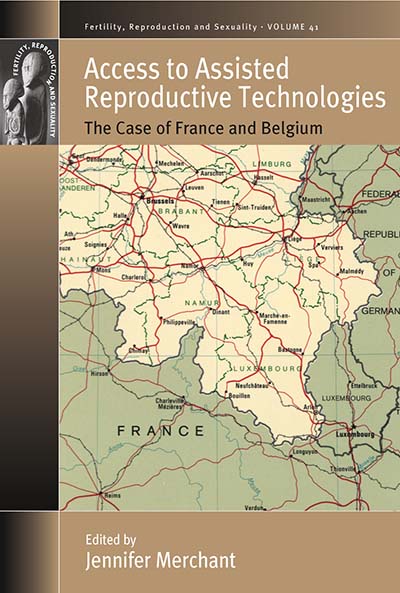 Published November 2019
Published November 2019  Published March 2010
Published March 2010 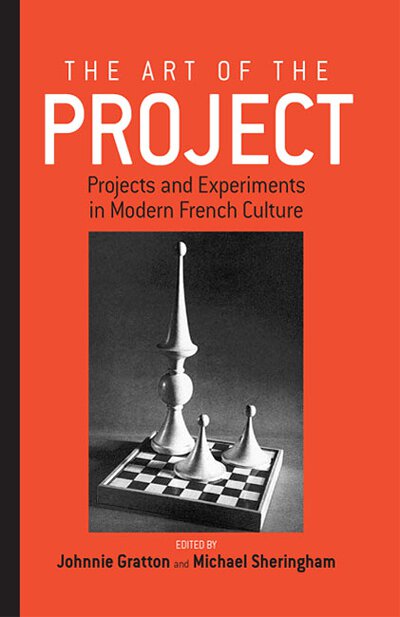 Published October 2005
Published October 2005 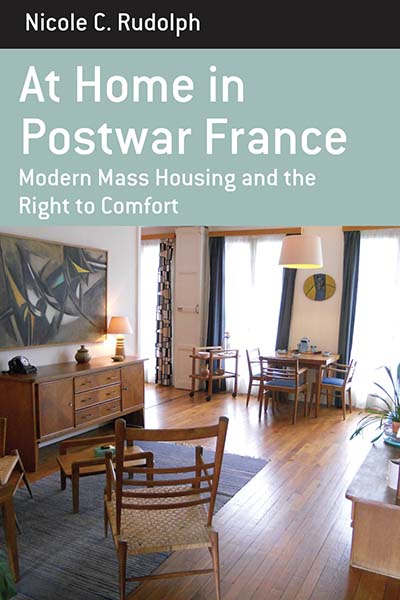 Published March 2015
Published March 2015 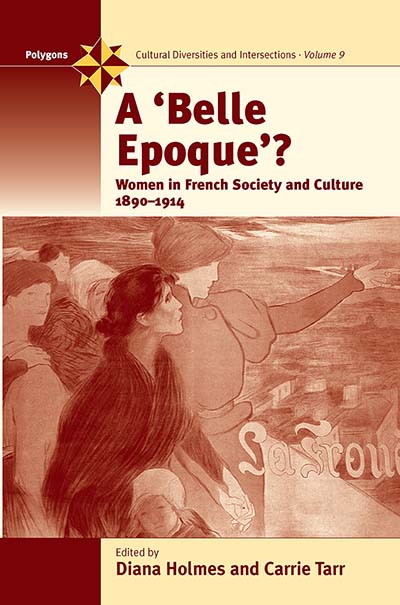 Published January 2006
Published January 2006 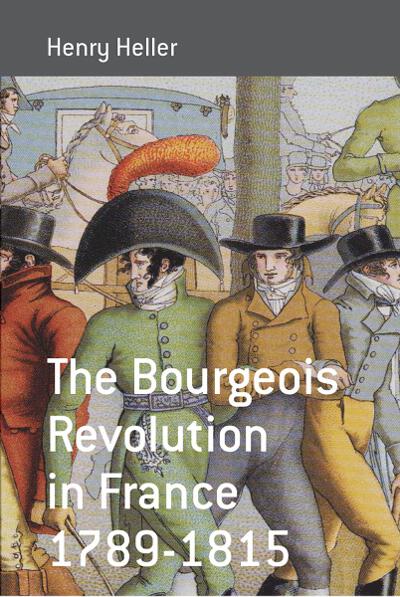 Published May 2006
Published May 2006 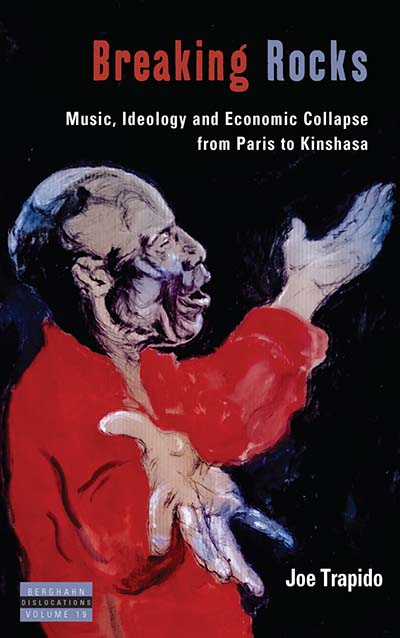 Published December 2016
Published December 2016 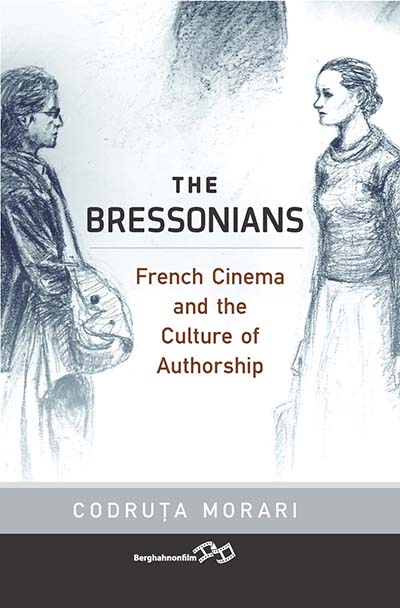 Published July 2017
Published July 2017 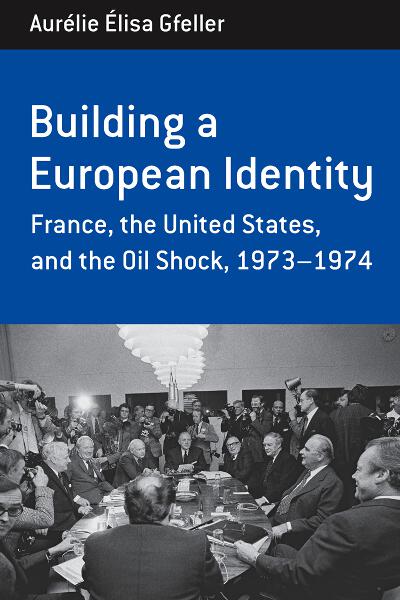 Published July 2012
Published July 2012 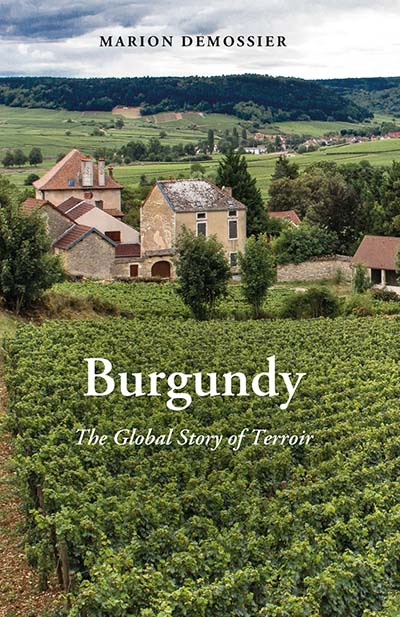 Published April 2018
Published April 2018 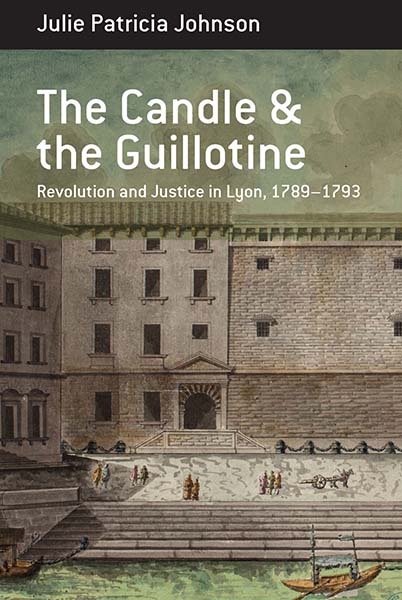 Published May 2020
Published May 2020 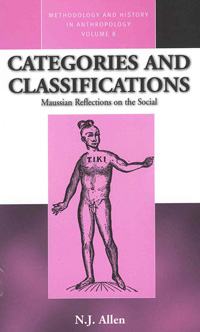 Published January 2001
Published January 2001 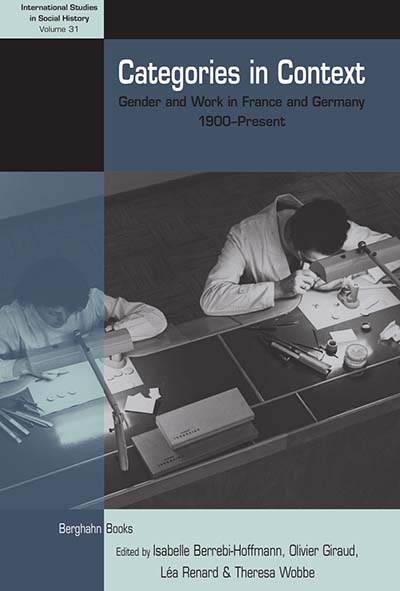 Published March 2019
Published March 2019 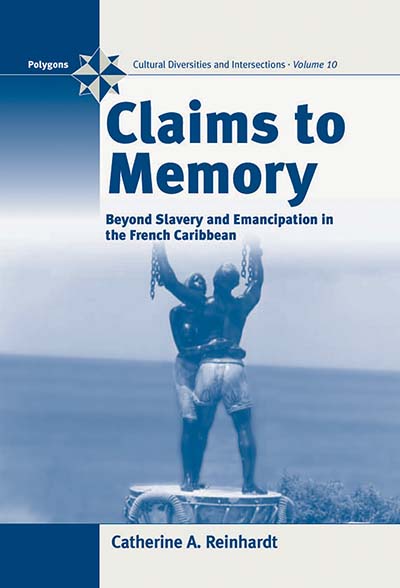 Published April 2006
Published April 2006 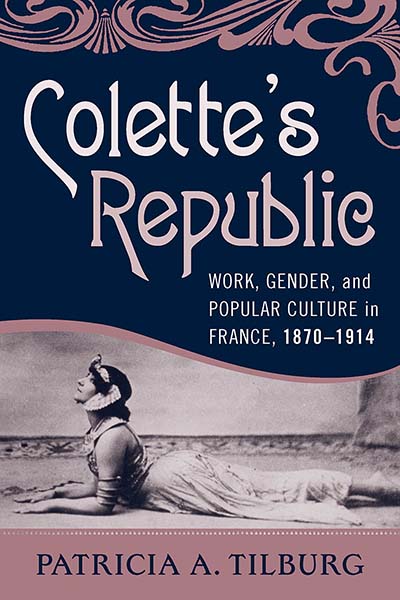 Published July 2009
Published July 2009 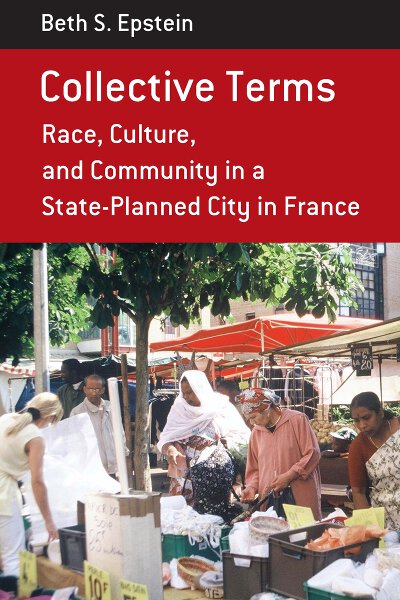 Published March 2011
Published March 2011 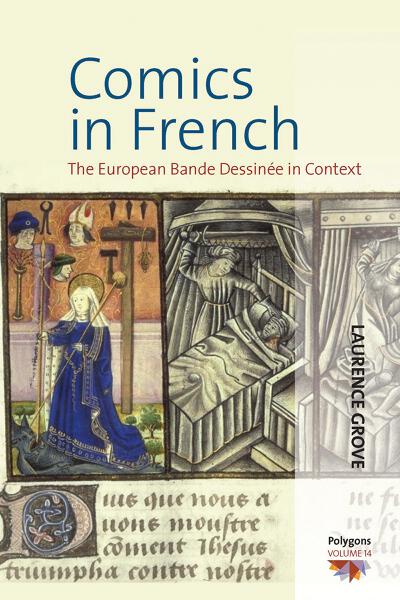 Published July 2010
Published July 2010 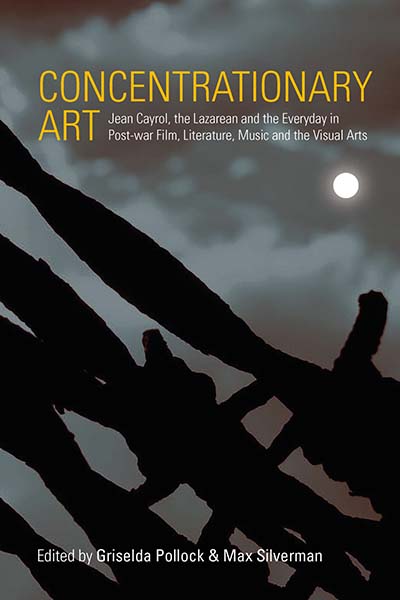 Published April 2019
Published April 2019 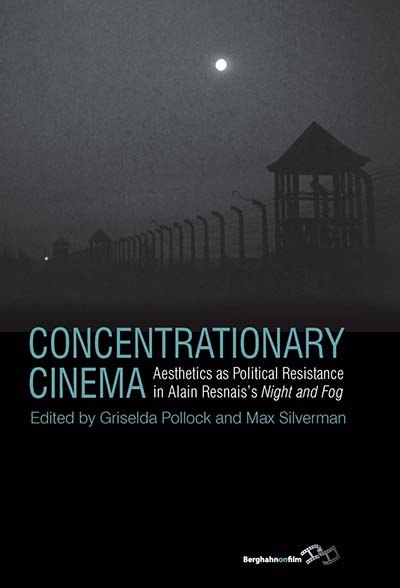 Published January 2012
Published January 2012 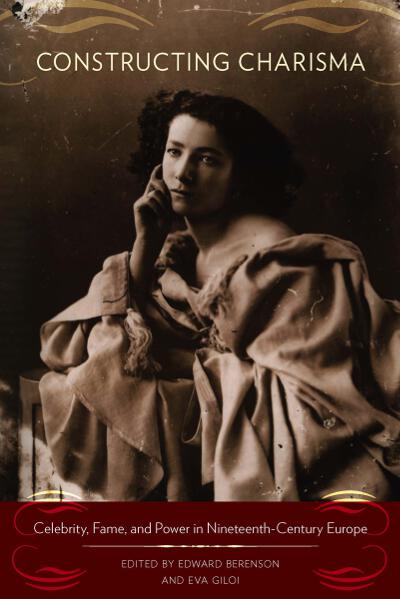 Published July 2010
Published July 2010 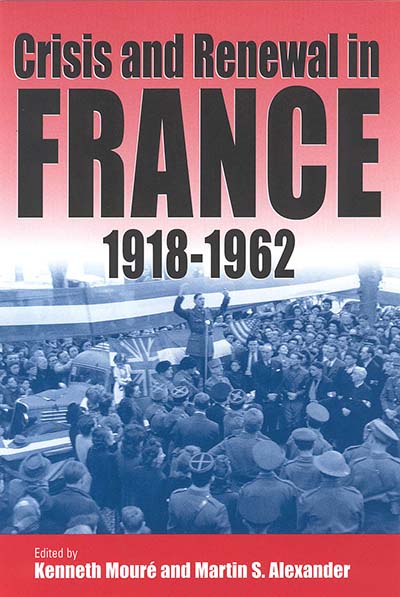 Published February 2002
Published February 2002 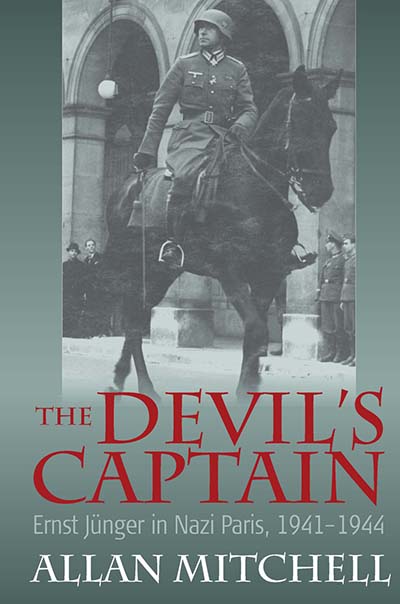 Published May 2011
Published May 2011 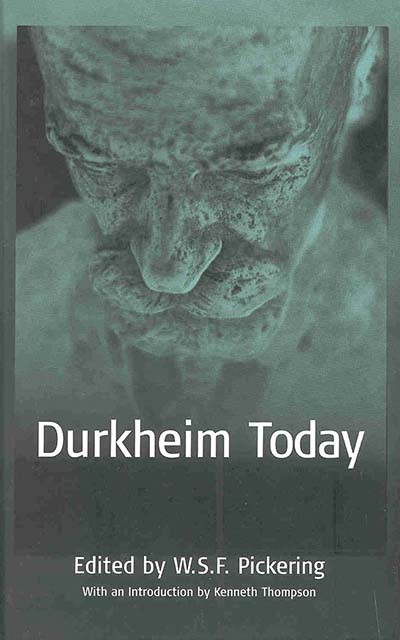 Published October 2002
Published October 2002 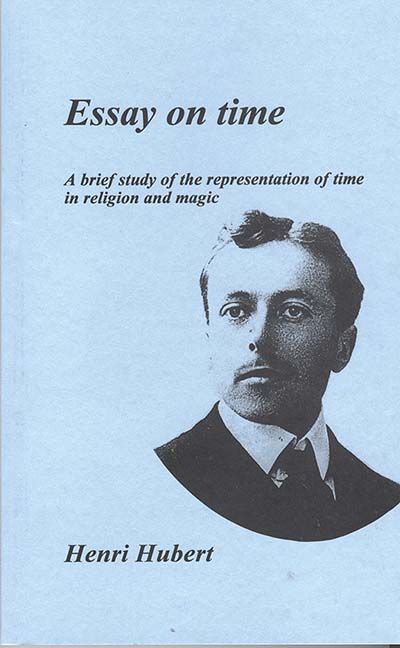 Published November 1999
Published November 1999 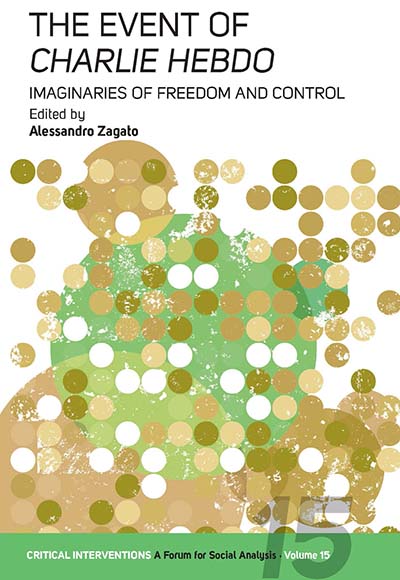 Published September 2015
Published September 2015 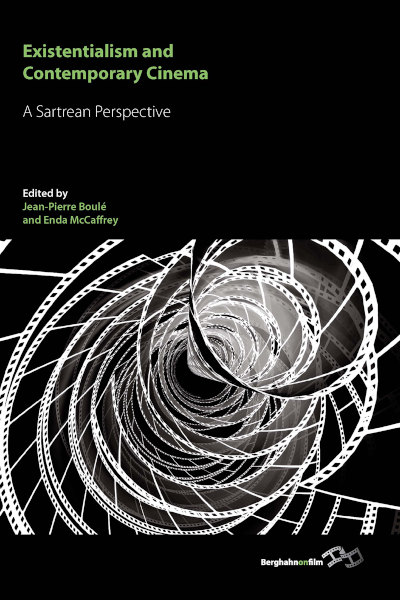 Published October 2011
Published October 2011 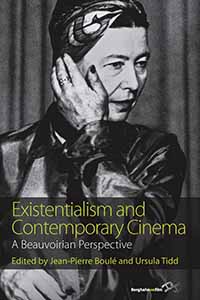 Published September 2012
Published September 2012 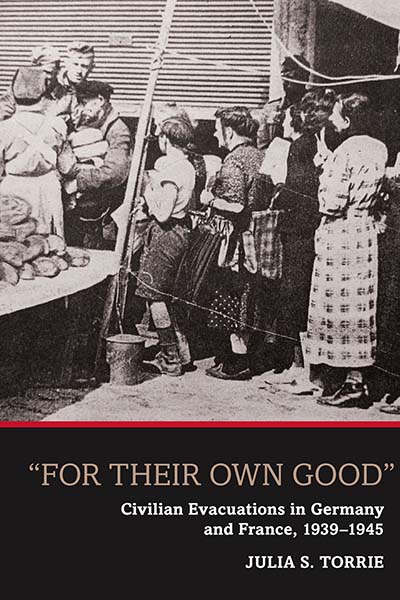 Published March 2010
Published March 2010 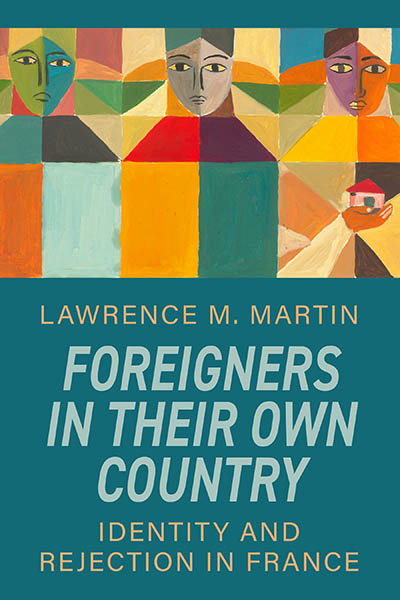 Published October 2023
Published October 2023 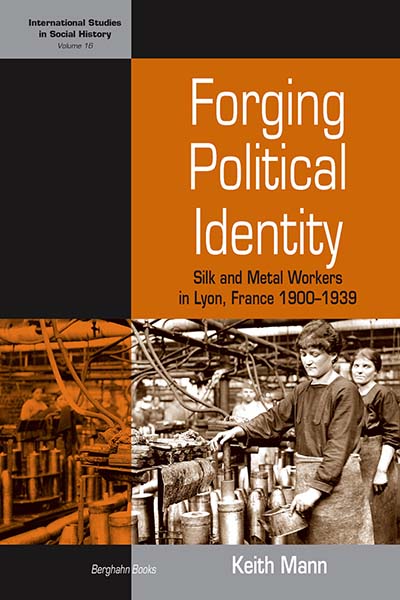 Published April 2010
Published April 2010 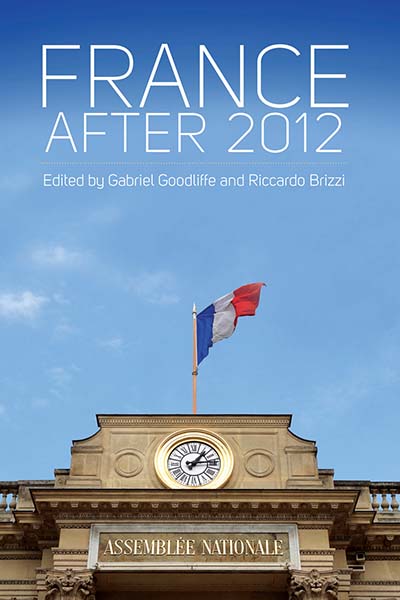 Published January 2015
Published January 2015 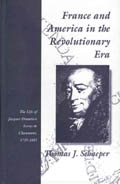 Published June 1995
Published June 1995 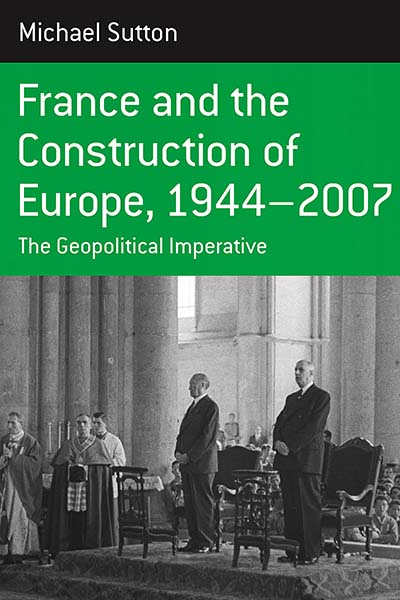 Published December 2007
Published December 2007 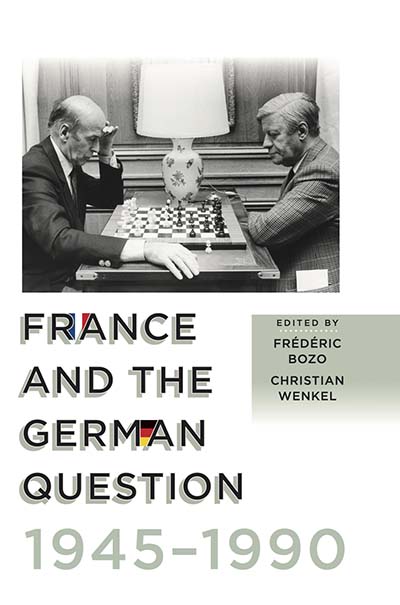 Published July 2019
Published July 2019 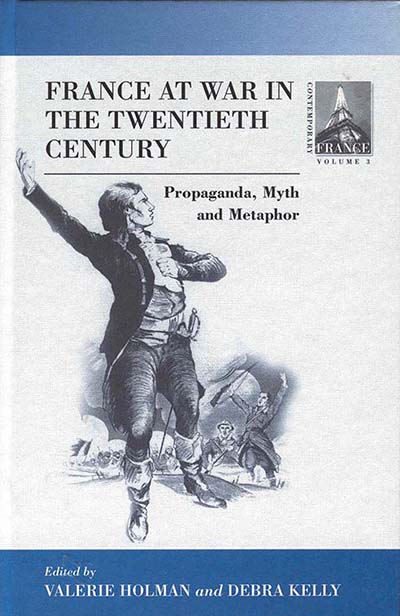 Published November 2000
Published November 2000 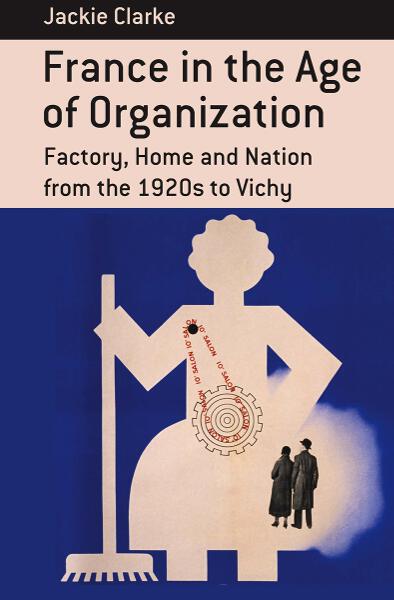 Published June 2011
Published June 2011 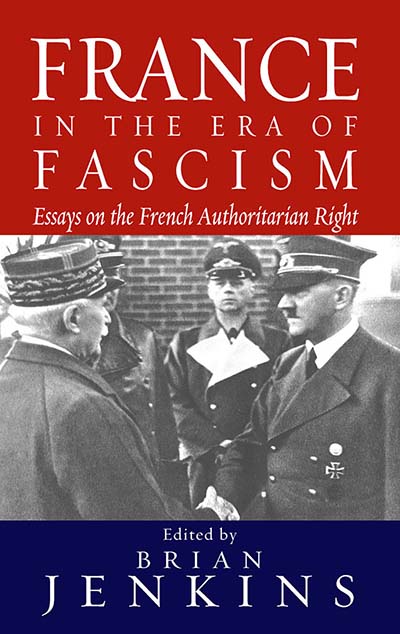 Published May 2005
Published May 2005  Published August 2016
Published August 2016 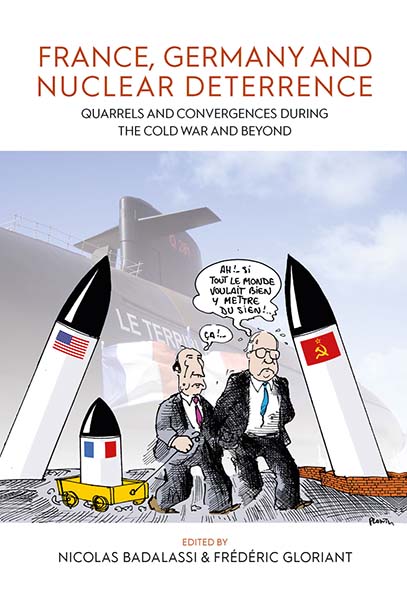 Published January 2022
Published January 2022 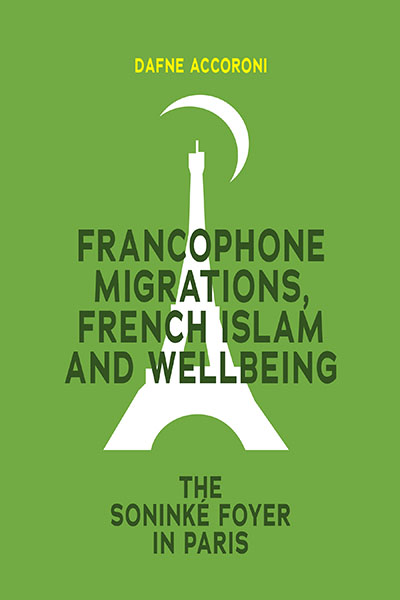 Published September 2022
Published September 2022 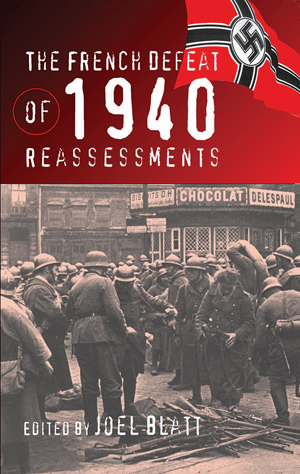 Published August 1997
Published August 1997 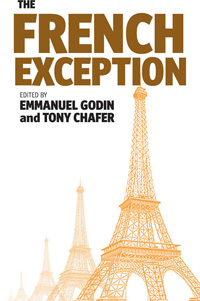 Published December 2004
Published December 2004  Published March 2013
Published March 2013 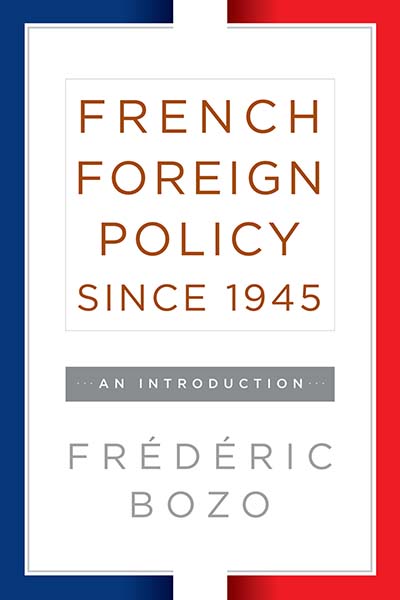 Published August 2016
Published August 2016 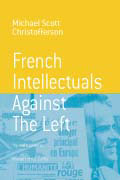 Published June 2004
Published June 2004 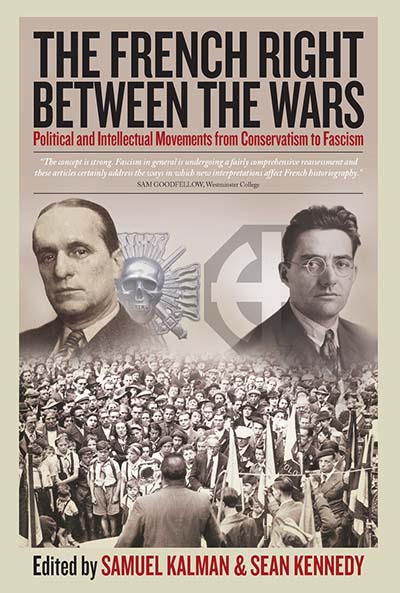 Published January 2014
Published January 2014 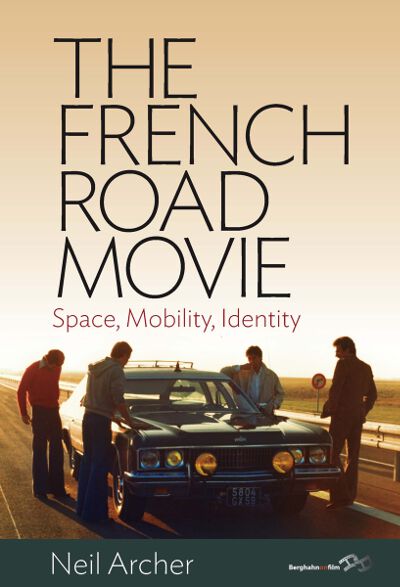 Published November 2012
Published November 2012 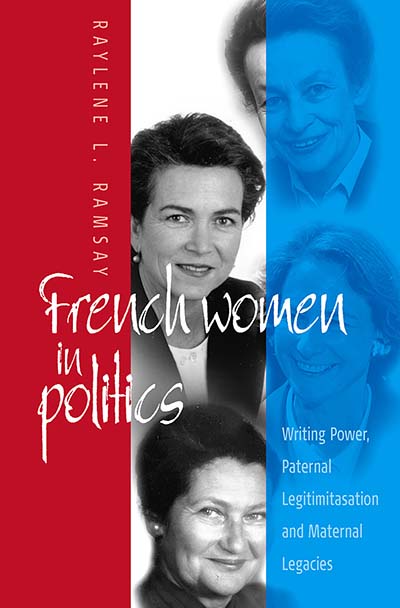 Published January 2003
Published January 2003 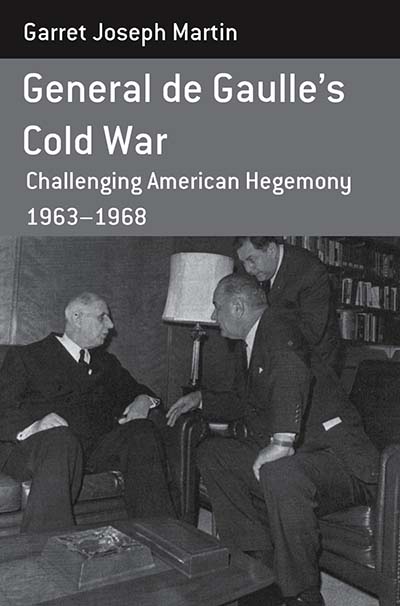 Published September 2013
Published September 2013  Published December 2006
Published December 2006 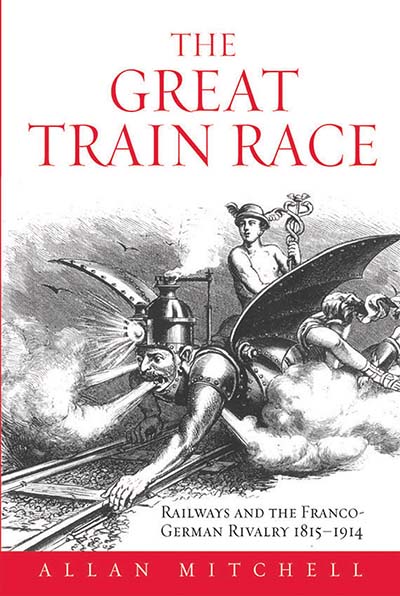 Published September 2000
Published September 2000  Published March 2003
Published March 2003 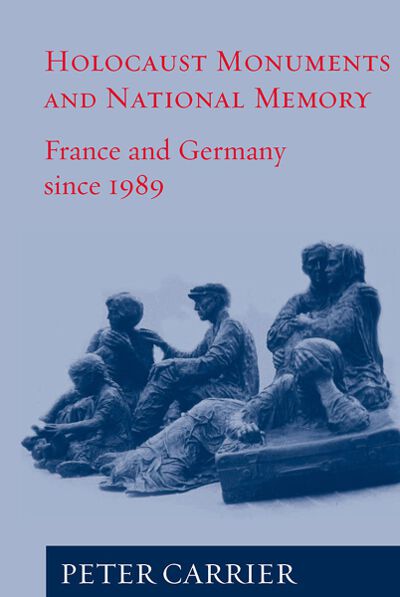 Published March 2005
Published March 2005 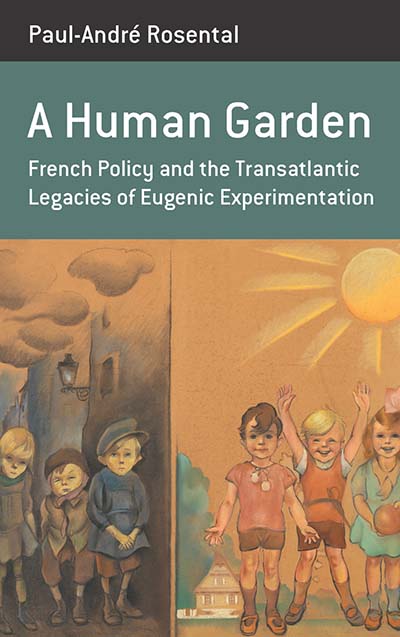 Published December 2019
Published December 2019 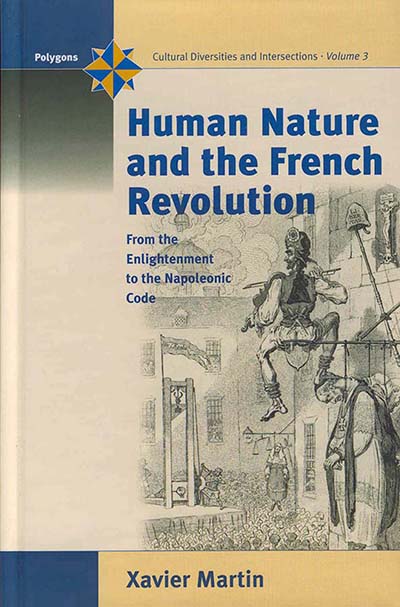 Published June 2001
Published June 2001  Published January 1997
Published January 1997 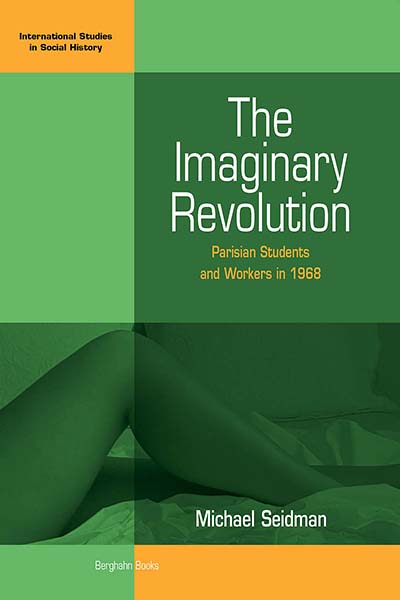 Published July 2004
Published July 2004 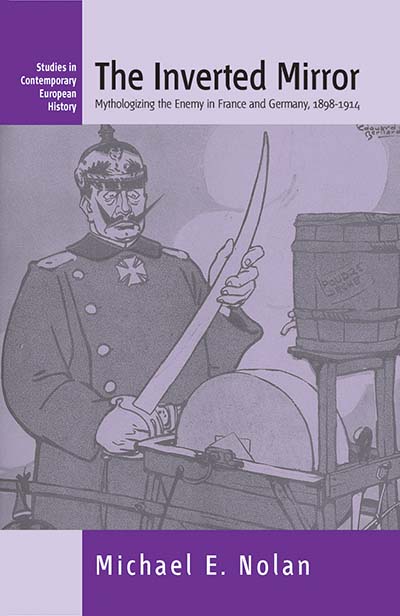 Published November 2004
Published November 2004 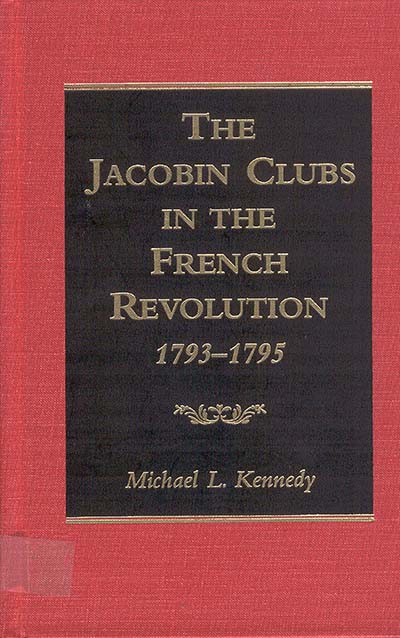 Published May 2000
Published May 2000 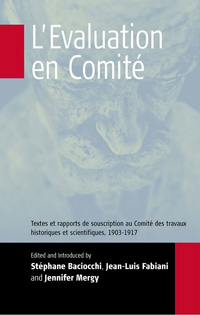 Published July 2003
Published July 2003 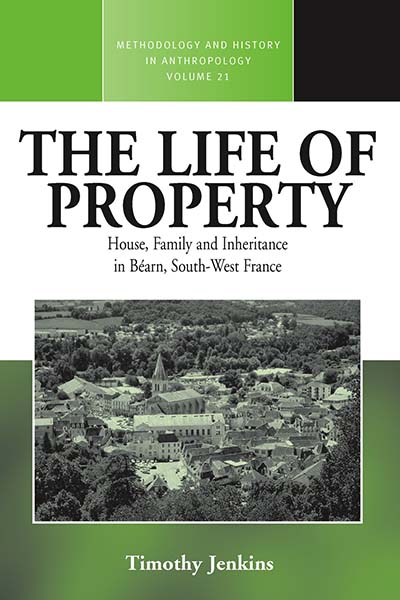 Published April 2010
Published April 2010 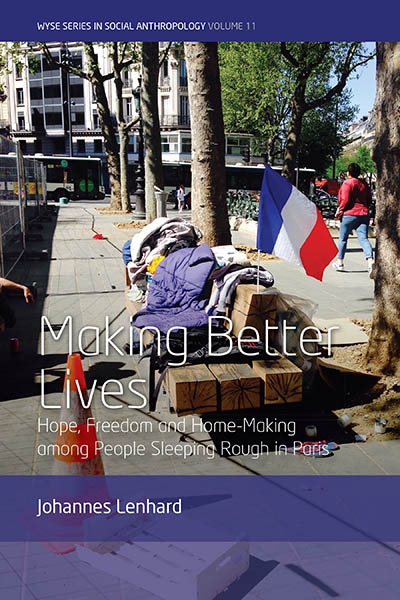 Published May 2022
Published May 2022 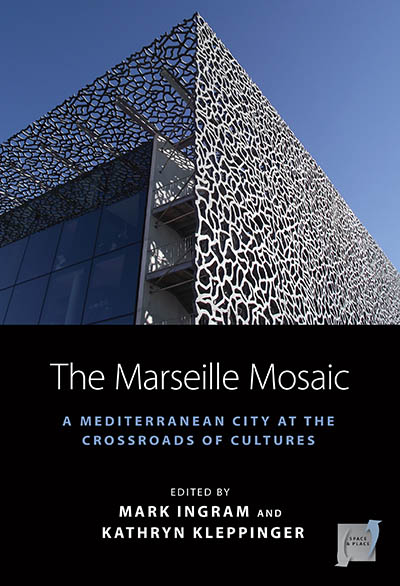 Published January 2023
Published January 2023 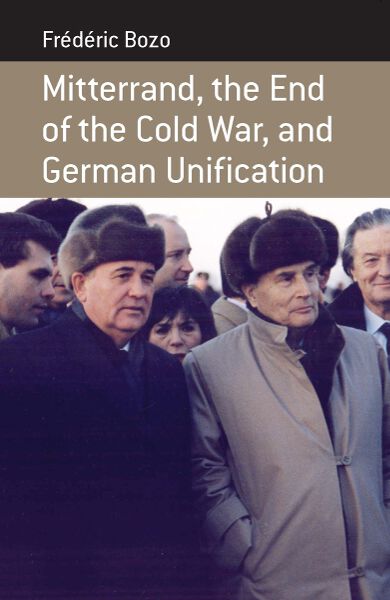 Published October 2009
Published October 2009 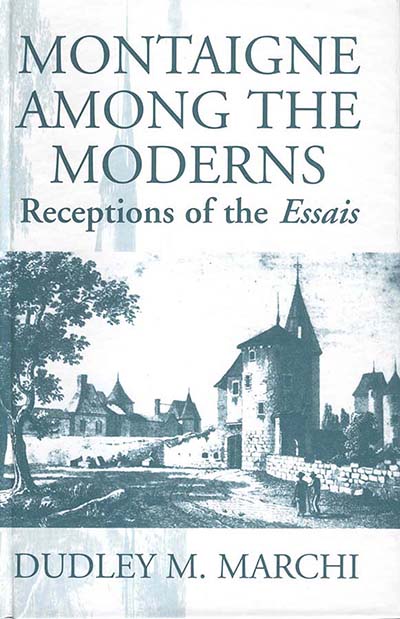 Published December 1994
Published December 1994 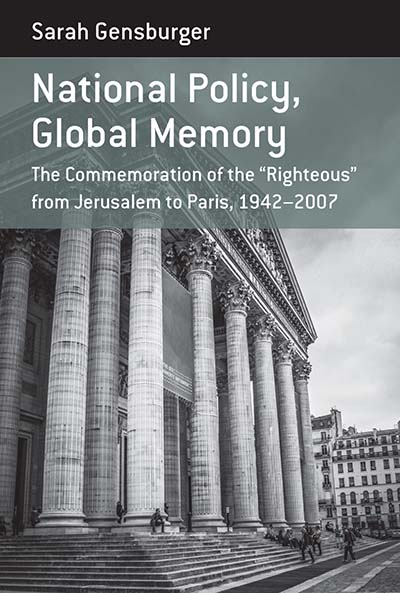 Published July 2016
Published July 2016 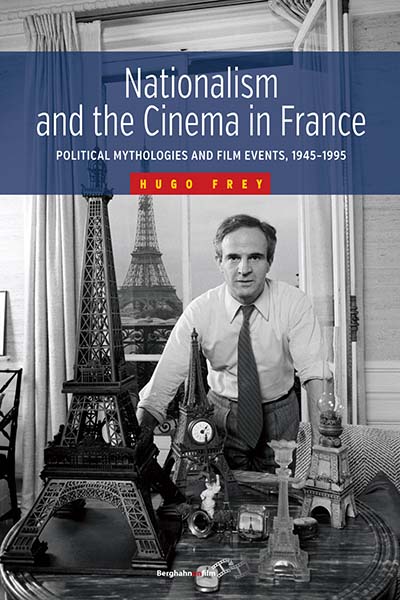 Published July 2014
Published July 2014 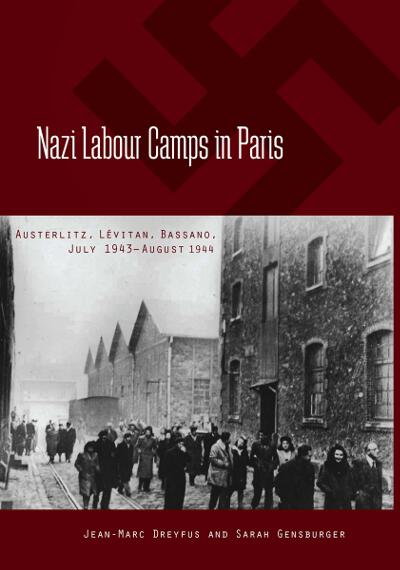 Published September 2011
Published September 2011 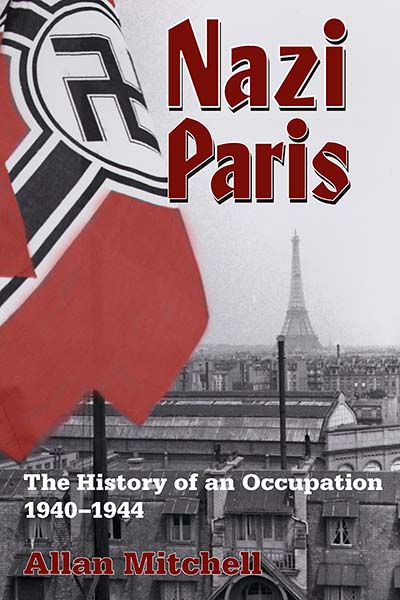 Published October 2008
Published October 2008 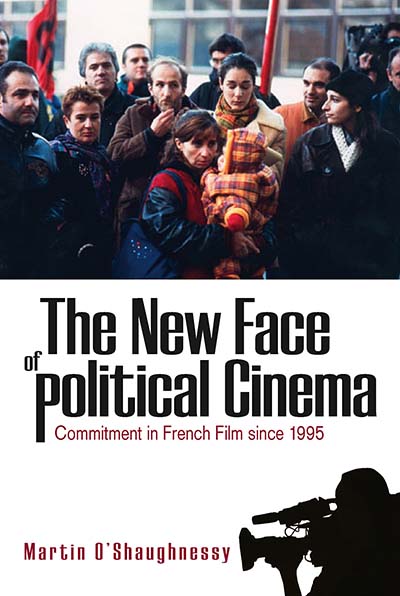 Published January 2008
Published January 2008 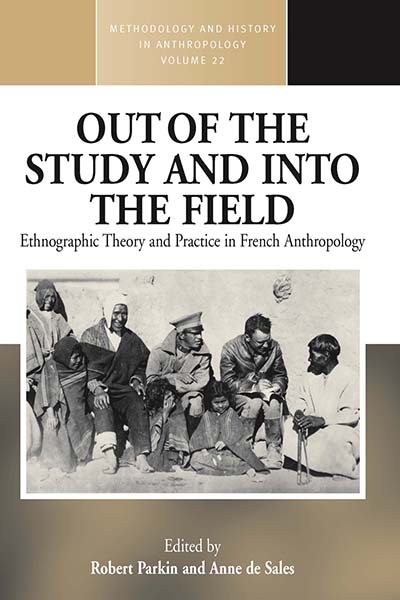 Published June 2010
Published June 2010 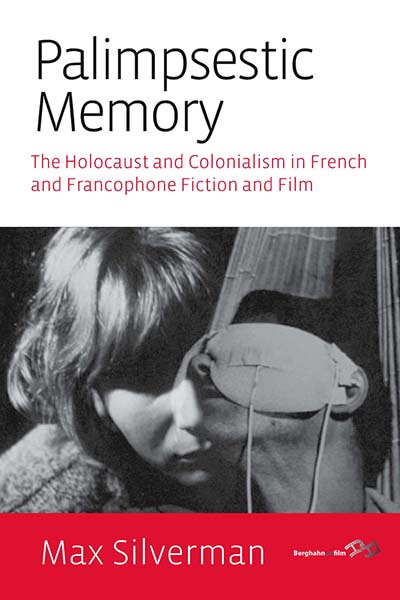 Published February 2013
Published February 2013 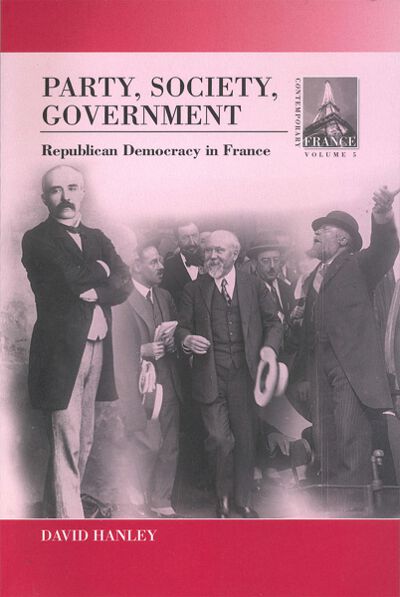 Published February 2002
Published February 2002 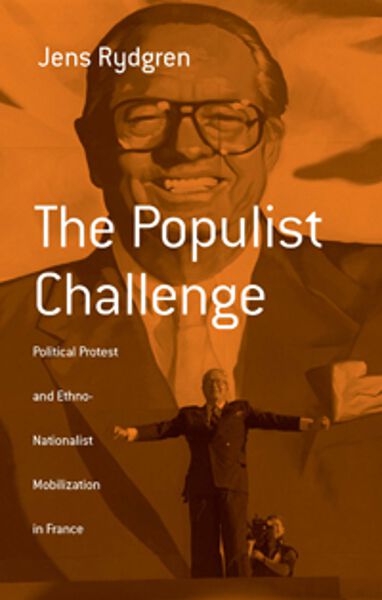 Published December 2003
Published December 2003 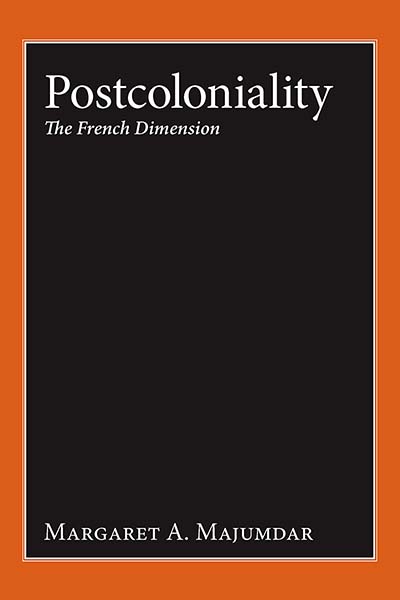 Published July 2007
Published July 2007 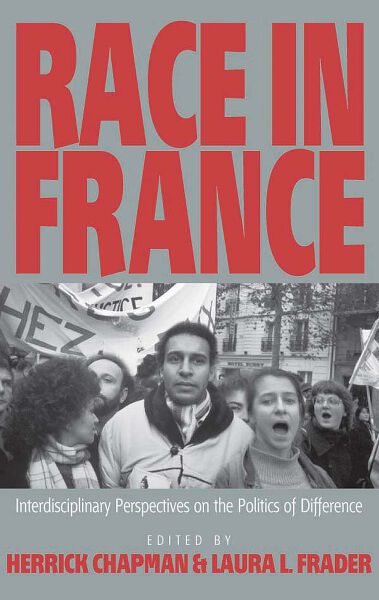 Published June 2004
Published June 2004 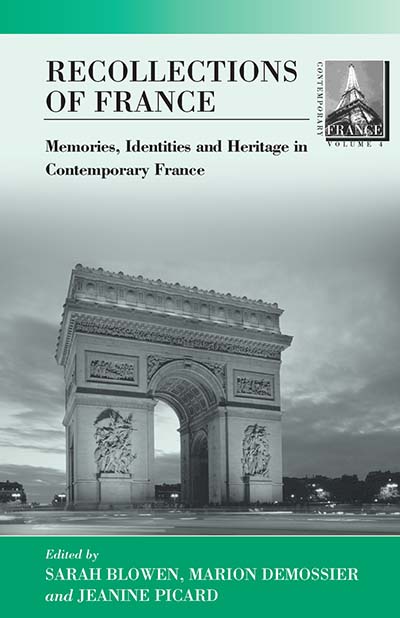 Published December 2001
Published December 2001 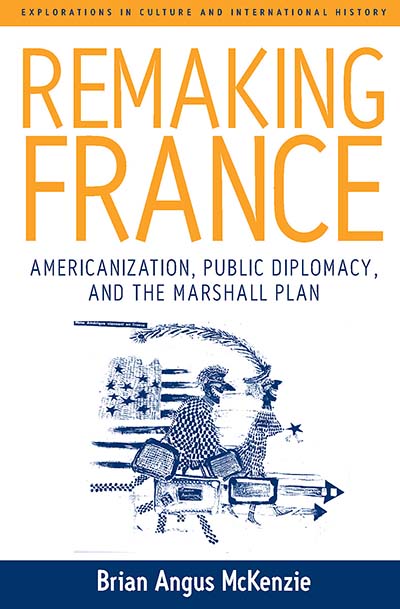 Published October 2005
Published October 2005 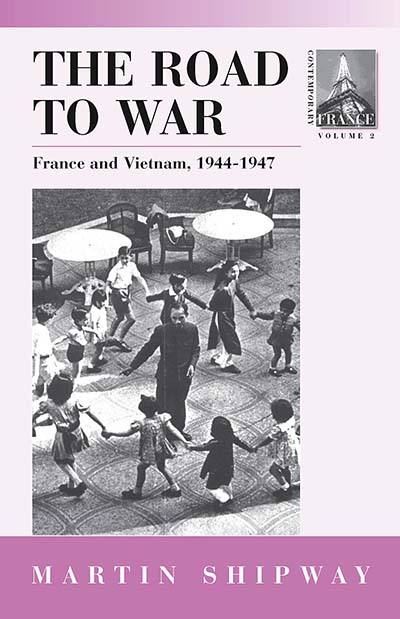 Published January 2003
Published January 2003 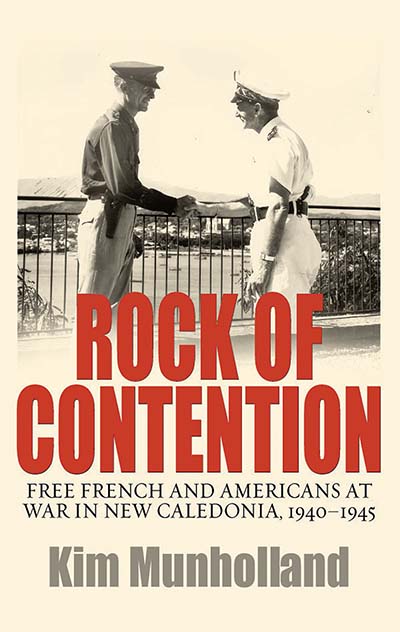 Published April 2005
Published April 2005 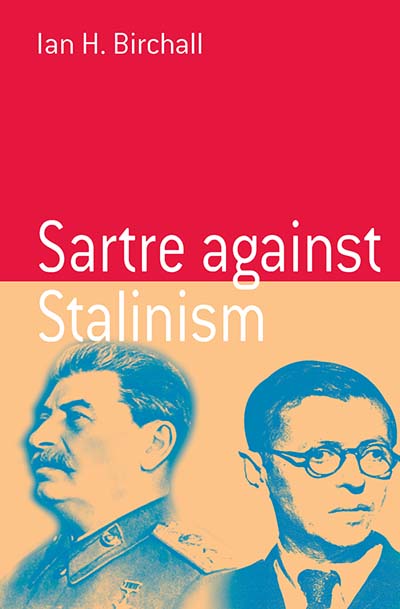 Published June 2004
Published June 2004 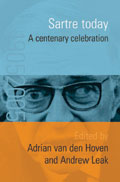 Published December 2005
Published December 2005 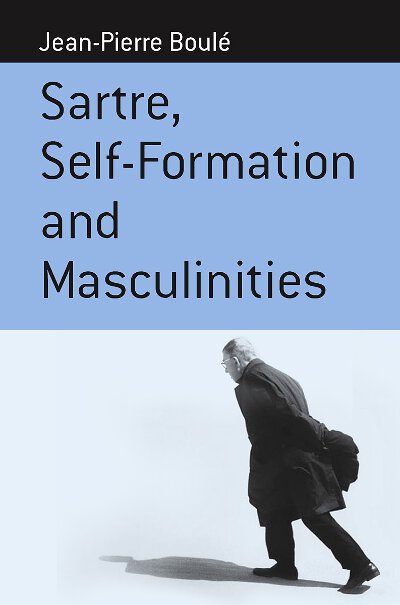 Published December 2004
Published December 2004 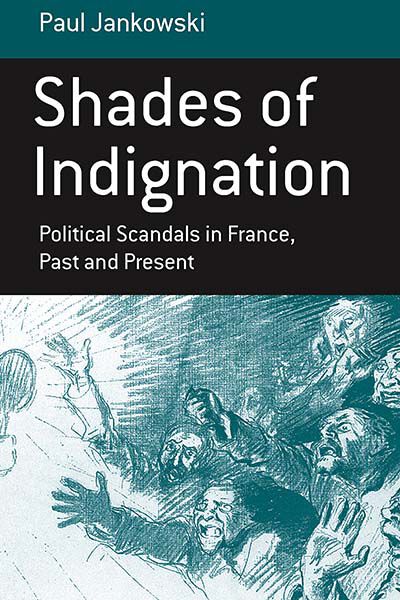 Published December 2007
Published December 2007 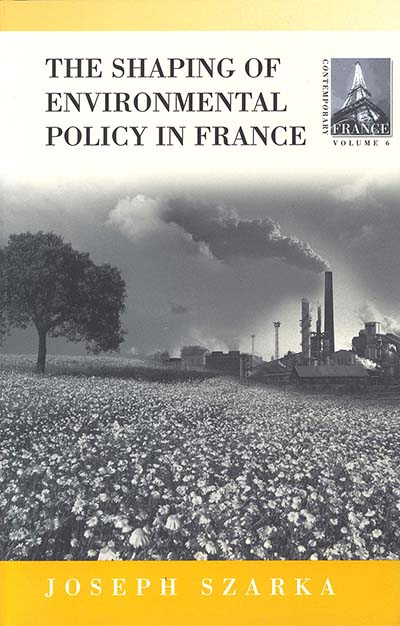 Published February 2002
Published February 2002 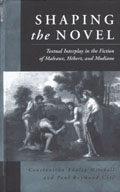 Published October 1996
Published October 1996  Published February 2008
Published February 2008 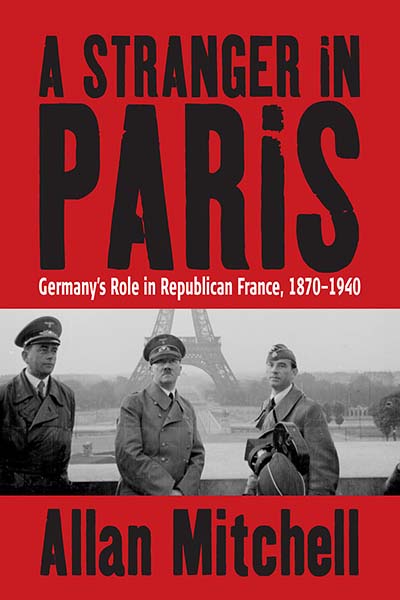 Published January 2006
Published January 2006 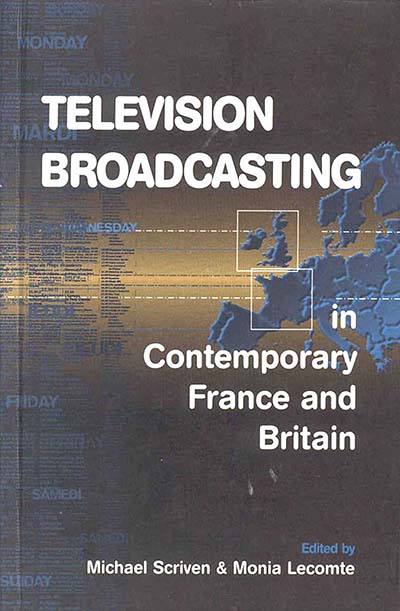 Published April 1999
Published April 1999 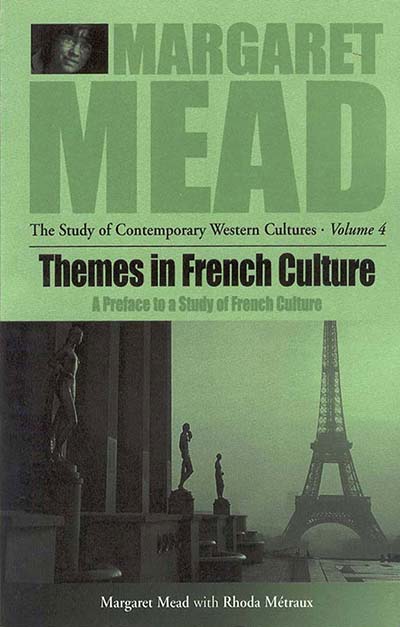 Published October 2001
Published October 2001  Published October 2015
Published October 2015 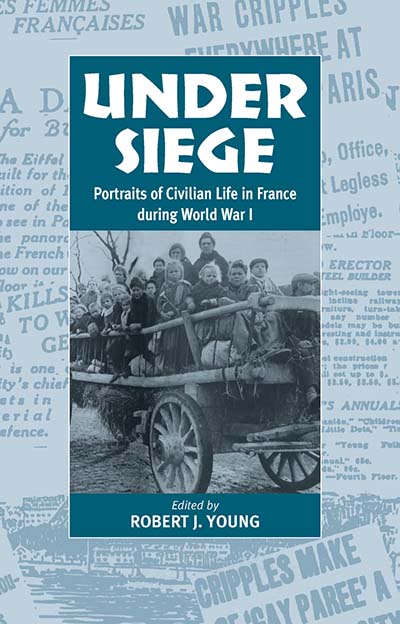 Published June 2000
Published June 2000 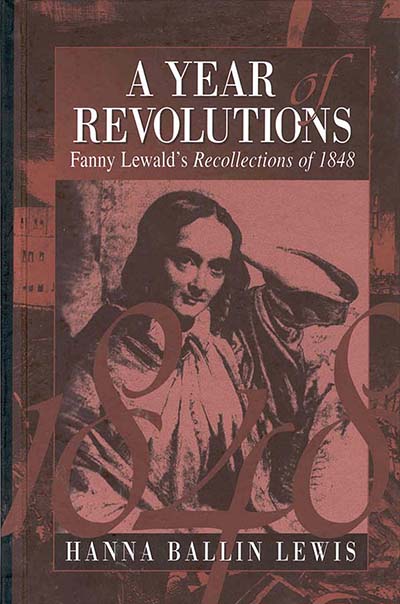 Published January 1998
Published January 1998